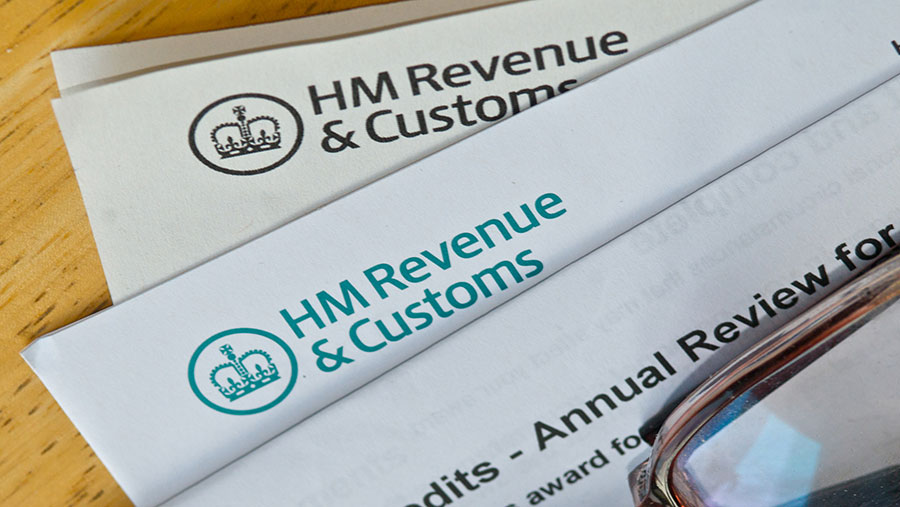Extending year-end date could ease cashflow pressures
 © David Cole/Shutterstock
© David Cole/Shutterstock Farmers who have experienced difficult trading conditions as a result of the coronavirus pandemic could ease cashflow pressure and save tax by changing their year-end dates.
Mike Butler, partner at chartered accountant PKF Francis Clark, said such a move could give them vital breathing space and in almost all cases would be fiscally advantageous.
“Extending trading periods to a maximum of 18 months can enable a business to claim the tax relief arising from a difficult trading position earlier, thereby reducing more immediate tax payments at a time when cashflow is tight,” said Mr Butler.
See also: Read more farm business advice from Farmers Weekly
“While certain criteria need to be met to enable a change of accounting year end, generally businesses will have enough commercial reasons to justify such a change.”
Many businesses may find their trading performance for the year to 31 March 2020 is reasonable, since it was only at the very end of that accounting period that the full challenges of Covid-19 began to be felt.
Accounts for the year ended 31 March 2020 will form the basis of the tax year 2019-20, and that tax is payable in instalments in both January and July 2020 – although the latter can be deferred until next January.
The balance will become due for payment on 31 January 2021.
A business drawing up an 18-month set of accounts to 30 September 2020 would capture the current loss-making Covid-affected period, lowering the taxable profit for 2019-20.
This would result in lower tax due for payment in January and July of this year, as well as in January 2021.
There will also be reductions in the payments on account during calendar year 2021.
“Reducing tax payments at a critical time may release precious funds for the business,” said Mr Butler.
“For those businesses currently suffering financially, paying tax in January 2021 might be difficult at exactly the time when cashflow is at greatest risk.
“Moving away from a 31 March year end may also result in a delay before tax is paid on rising profits if and when business activity returns to normal, which may be seen as an advantage.”
Changing a year-end date
Conditions for a change in accounting date for the self-employed
- HMRC must be informed about the change in your tax return, which should be sent back by the relevant filing date
- The first accounts, to the new accounting date, must not cover a period of more than 18 months
- If the accounting date has changed in any of the previous five tax years, you must tell HMRC why you’ve made the change. This change must be for genuine commercial reasons – obtaining a tax advantage is not viewed as a commercial reason
Conditions for a change in a year-end for a company
- This can only be done for your company’s current financial year or the one immediately before it
- It is possible to shorten a company year-end as many times as you like, with the minimum period you can shorten it being one day
- Alternatively, the financial year can be lengthened to a maximum of 18 months, but it can be extended only once every five years. Exceptions to the rule are if the company is in administration, you are aligning dates with a subsidiary or parent company or special permission has been granted by Companies House
- A company’s year-end can’t be changed if its accounts are already overdue
- Changing the year end will have implications for claiming capital allowances on investment in plant and equipment, so taking early and proactive advice is important
